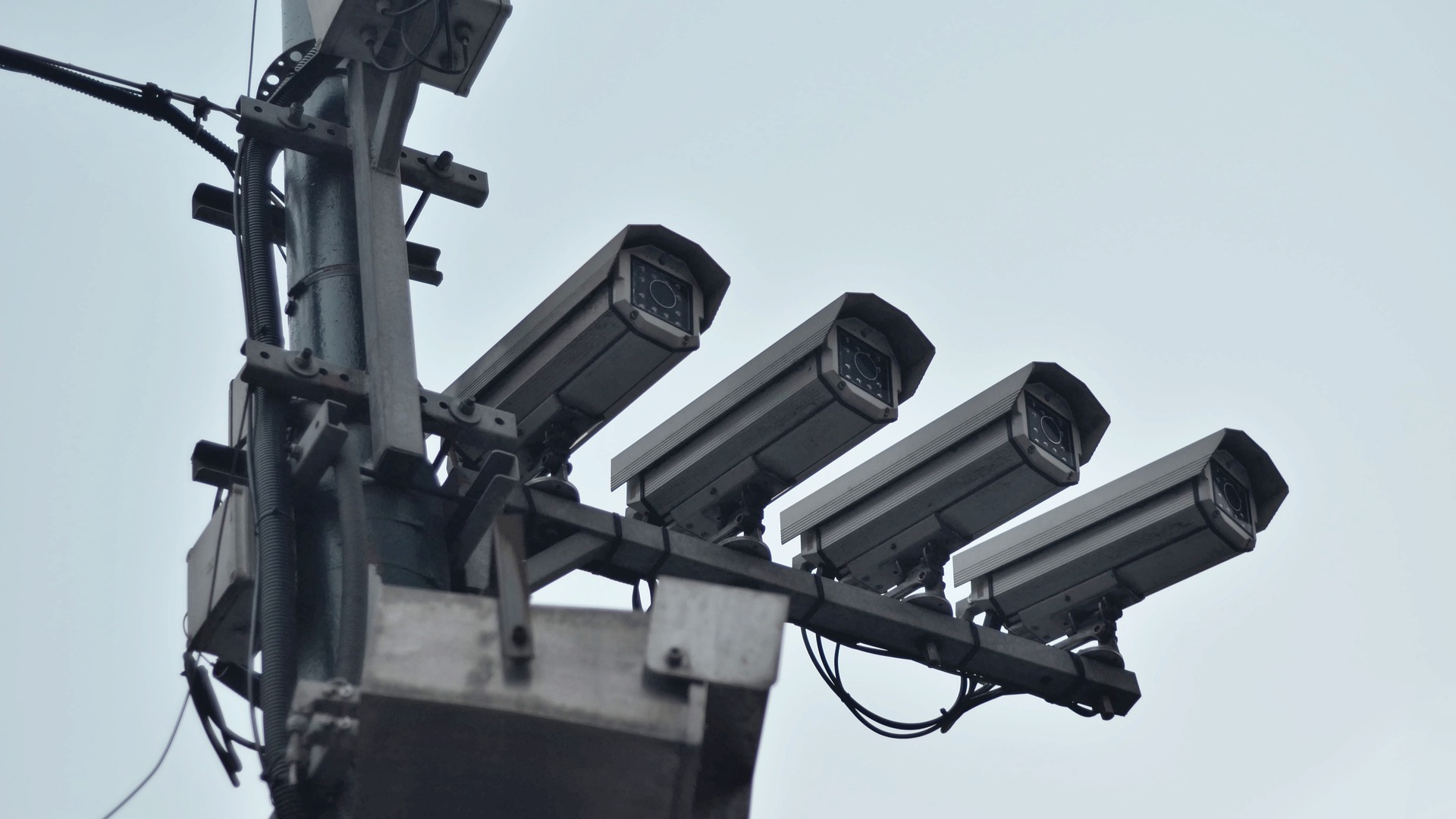The Camerci site allows you to see the position of surveillance cameras in Paris and to launch a procedure to claim the images if you think you are on them. This request, permitted by law, must nevertheless be used with caution.
It is an initiative that appeared at the very end of February 2023. Journalist David Libeau posted a platform called Camerci. By connecting to it, we see a map of Paris with the position of dozens of surveillance cameras. You can click on the one you want, but also see areas that are not covered by these devices.
So far, nothing very spectacular: there are sites that allow you to know where these cameras are. The Paris police prefecture provides a list of cameras in the capital (admittedly impractical, as it is a table in a PDF file). There is also this map, dedicated to video verbalization cameras in the city.
A site to claim images from surveillance cameras
Camerci, however, has a completely different ambition : give individuals a way to initiate a procedure to recover images from surveillance cameras, in case they appear on them. The site offers to simplify the process, in a few clicks, via an automatically generated message (by default, it is based on the current date and time, but you can change them).
To ensure the legal basis of its approach, the site refers to the Internal Security Code. Its article L253-5 provides that “ any interested person can contact the person in charge of a video protection system in order to obtain access to the recordings which concern him or to verify their destruction within the stipulated time. This access is by right. »
A right provided by law, with limits
But, from theory to practice, there is sometimes a gap. That’s what points out the lawyer Alexandre Archambault, specialist in subjects related to digital and telecoms, citing the case of an individual convicted on February 17 by the administrative court of Marseille for abusive recourse. The fine pronounced is high: 10,000 euros.
” As much as the legitimacy of having an information tool on the location of cameras is not debatable, presenting it as a means of obtaining the communication of data for sure is one could not be more risky. “Commented Master Archambault to Numerama. The procedures are not certain to succeed and may turn against the applicant.

In the Marseilles case, the situation had turned to excess, according to the court: “ the repetition and the obsessive nature of the requests thus formulated, as well as the presence of separate but absolutely identical requests, shows that the applicant himself is in the most total confusion and no longer knows how to justify valid reasons for staging his requests. »
David Libeau agrees: his tool must be used sparingly. ” This is the same as for article 15 of the GDPR [sur le droit d’accès, NDLR]where multiple requests can be denied », does it react on march 1st. That being so, ” this does not detract from the right to make a request “, from the moment the requests are well-founded and reasonable.
David Libeau’s site is not the only option for asserting your rights. There is a form on the Service-Public website which offers to report to the police. It is emphasized that access to images is permitted for sequences that do not exceed 15 minutes. Recordings are kept for 30 days before being destroyed.
If you liked this article, you will like the following ones: do not miss them by subscribing to Numerama on Google News.
